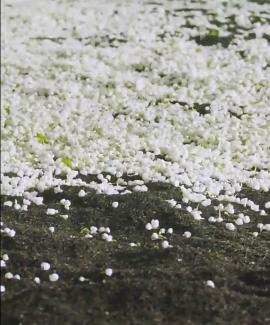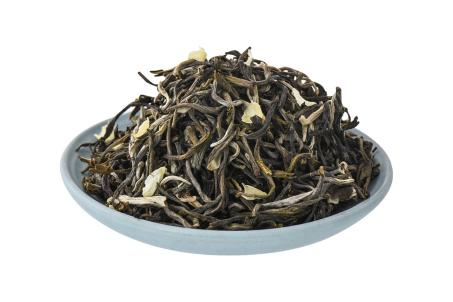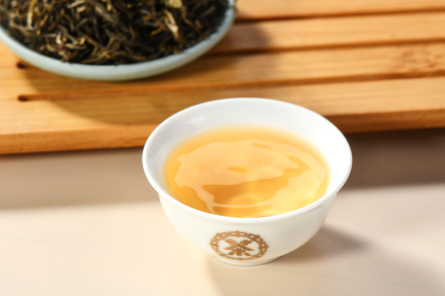Craving a Floral Scent? Discover How Premium Jasmine Tea Gets Its Ideal Blend
Time : 2025-04-24
The Timeless Craft of Scented Tea Fusion
For centuries, tea artisans have optimized the delicate process of infusing green tea leaves with fresh jasmine blossoms. This intricate dance between tea and flower requires precise timing. Blossoms are generally harvested just before they are set to open, and then stored for hours to reduce moisture and cool down. It is also the step to await the peak fragrance to unfold. Tea and flower amount used in scenting process, the ratio between two major ingredients and layer numbers may vary depending on the green tea variety, growing area, natural environments and seasonal effects etc. The tea gradually absorbs the floral essence through repeated scenting cycles, creating that distinctive aroma without artificial flavorings.



Selecting the Foundation: Tea Leaves That Matter
High quality jasmine tea starts with carefully selected base leaves. Spring-harvested green teas with higher picking standard prove ideal for absorbing floral notes. Normally, look for leaves processed through traditional pan-frying fixation method that preserve natural substances and possess a relatively higher output. While, green tea base made through baking fixation tends to have some great ability in absorbing fragrance. Due to this property, they are widely recognized as the top option to produce the high quality jasmine tea. The best blends maintain a harmonious balance where neither tea nor flower overpowers the other. In the modernized production process, equipment is involved to separate the jasmine tea used from the tea. It is far easier to get the final product delivered without jasmine flower petals left.
Mastering the Scenting Process
True jasmine tea craftsmanship reveals itself in the scenting chambers. The scenting process can be categorized as traditional method and innovative method. In traditional way, the quality is more reliant on blenders’ experience and climate, reflected in manual temperature, humidity control, and the skills of scenting duration, times, cycle mastered by tea manufacturers. Modern producers combine these age-old crafts with mechanized technique to create the continuous scenting process, where higher quality consistency year-round is ensured, and labor workload is reduced.





 EN
EN
 AR
AR NL
NL FR
FR IT
IT JA
JA KO
KO PT
PT RU
RU ID
ID MS
MS